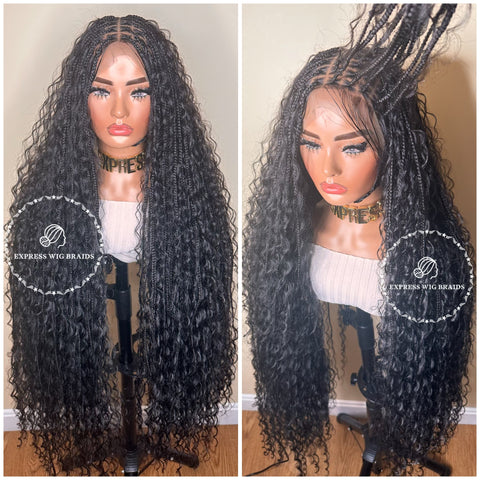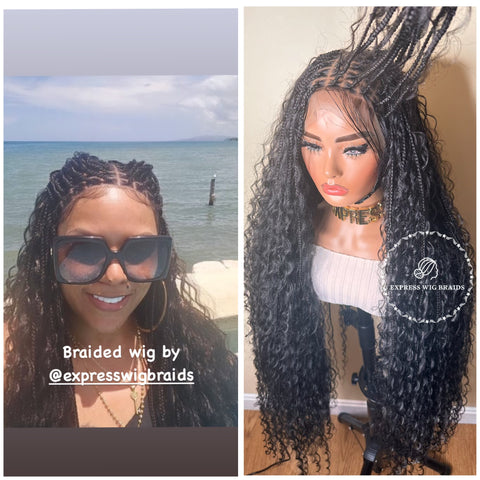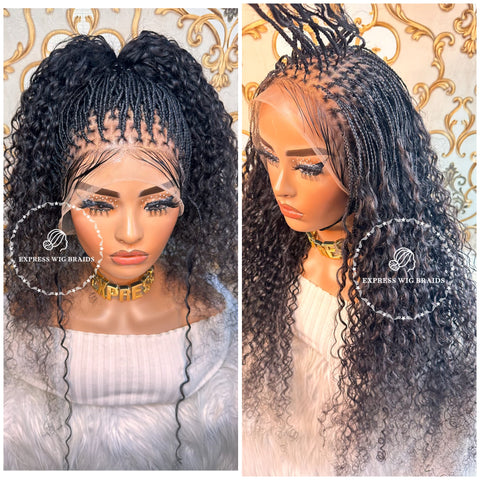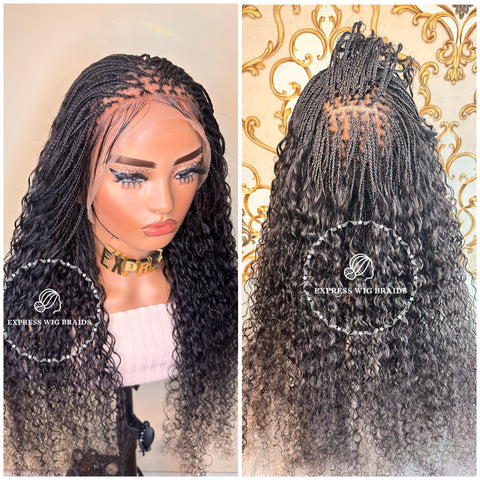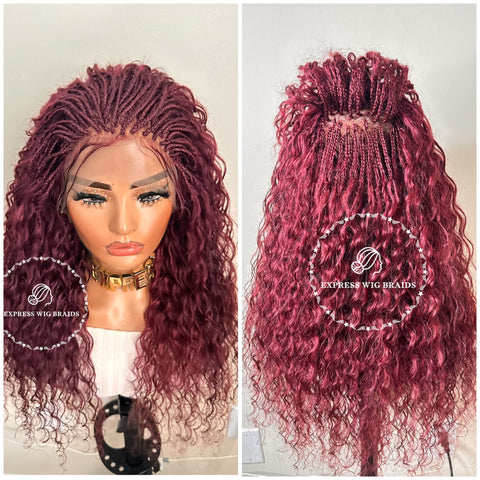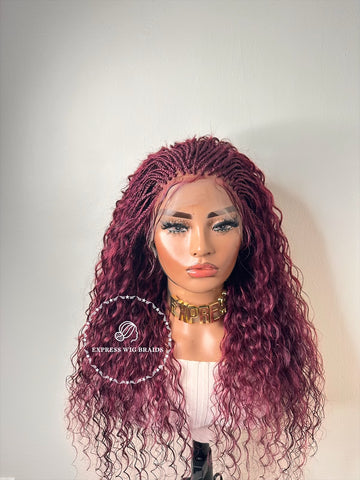What Makes Alopecia Worse ?
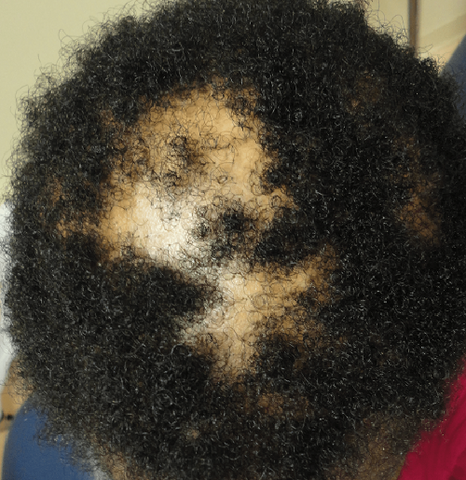
Is it possible to keep alopecia from worsening? Now you are about to find out.
It is normal for a certain quantity of hair to fall out every day, usually around 100 strands, but if a person realizes they are losing more hair than usual, they may have an underlying condition. It is important to understand the underlying cause as well as the factors that could make it get worse.
Things That Could Make Alopecia Get Worse
Here’s what you need to know:
1. Hair or Scalp Trauma:
Hair trauma can occur as a result of activities such as washing your hair too frequently, using dyes or chemicals to change the color of your hair, or using heat-styling products. Your chances of keeping your hair are higher the less damage you do to your scalp and hair.
Shampooing can also aggravate scalp injuries. Too many shampooing in a row can dry up and harm your scalp. You should also avoid brushing too forcefully or using brushes with strong bristles.
It's important to be gentle with your hair while it's wet, as this is when the majority of breakage occurs and you should stay away from hairstyles that pull on your scalp too much. We recommend human hair braided wigs as these are suitable for people who suffer hair loss due to alopecia. They help to prevent damage to your natural hair, and are available in different styles.
2. Stress:
While there is no direct correlation between stress and alopecia, high-stress levels are more likely to cause an episode of the condition. You have a higher chance of experiencing hair loss when you are under a lot of stress. If you find yourself experiencing stress, attempt to pinpoint the particular source of your stress so you can deal with it. Engaging in meditation and breathing techniques can help you manage stress and possibly lower your overall stress levels over time.
3. Nutritional Deficiency:
Hair loss might be connected to nutritional deficiencies in some cases. Before you begin using hair growth supplements, be sure you understand whether you are getting too much or too little of particular nutrients. Too much of one nutrient or mineral may worsen hair loss in some circumstances. If you're not sure if a deficiency is causing your hair loss, a blood test will help you figure out if you are suffering from a deficiency and the nutrients you may be lacking in your diet.
4. Ringworm:
Ringworm is a contagious fungi-caused disease that can cause hair loss. Tinea capitis is a scalp ringworm that can cause temporary hair loss on the head. Brittle hair that breaks easily, little patches of hair loss that become larger over time, scaly and discolored ring-like spots on the scalp or skin, leaking blisters, and itching are all possible signs. If ringworm does not go away on its own, a doctor may prescribe an antifungal medicine like griseofulvin for treatment.
Things to Avoid When You Have Alopecia
Hair loss can take a toll on your self-confidence, but don’t worry; you are not alone. Keeping away from the following lifestyle habits may help with combating hair loss:
1. Hair Products and Treatments with Harsh Chemicals:
According to research, 90% of women who experience damage and breakage in their hair said they have used chemical treatments. Permanent waves and chemical straighteners fall under this category. Instead of using silicones and parabens, look for mild shampoos and conditioners. It is advisable to use organic haircare products as they are gentle on the scalp and safe for your hair.
2. Avoid Heat on the Hair:
Depending on the cause, hair loss treatment varies, but avoiding heat on the hair and adhering to other lifestyle recommendations may be beneficial. It is best to let hair air dry or use a hair dryer on the lowest setting. Curling irons, flat irons, and other heating items that might cause hair damage should be used cautiously.
3. The Elements:
Our hair shields us from the sun and wind. Our eyelashes protect our eyes from outside objects. If you have hair loss on your head and eyelashes, you should consider protecting your skin and, your eyes when you are outside.
Have you seen our 3D magnetic eyelashes?
4. A lot of Stress:
Alopecia areata frequently occurs in those who have experienced life stressors like work, family, death, surgery, accidents, and so forth. Try to find out what is stressing you out, and work on it. You should also engage in stress-relieving activities like aromatherapy, massage, or relaxation therapy.
5. Improper Diet:
A poor diet might result in dietary deficiencies, which can cause hair loss. Extreme diets deficient in specific vitamins, such as iron, or protein, may occasionally result in significant hair loss. If a person thinks they may be experiencing hair loss due to a nutritional deficiency, they should see a doctor for a blood test. As part of treatment, a physician could suggest dietary modifications and supplements.
Key Takeaway
- Stress appears to play a significant role in hair loss. Try to minimize your stress as much as you can.
- Avoid tight hairstyles. You may choose to use a wig, a scalp concealer, a hair topper, or other product to cover hair loss.
- Ponytails, braids, and buns might be out of the picture for a little while to effectively manage your alopecia.
- Steer clear of perming, coloring, and chemical straightening products.
- Reduce hair styling products that use heat, such as curling irons.
- Comb or brush your hair as gently as possible.
- Eat a balanced diet.
Conclusion
It can be difficult to know exactly what to do if you have hair loss or alopecia. For less severe cases of alopecia areata, there are effective treatment alternatives available; nonetheless, a visit to your healthcare specialist may be necessary in severe cases.
If you want to know more about how to mitigate your hair loss, we will be discussing this in our next post. Stay connected.
Check our custom braid wigs now! for best quality wigs that can help boost your self-confidence if you have either mild or severe alopecia.
1 comment
-
Posted on by AmandaVery educative. I suffer alopecia for eight years and I always feel so ashamed to let people see my natural hair. What do you recommend to have the hairs grow back ?
